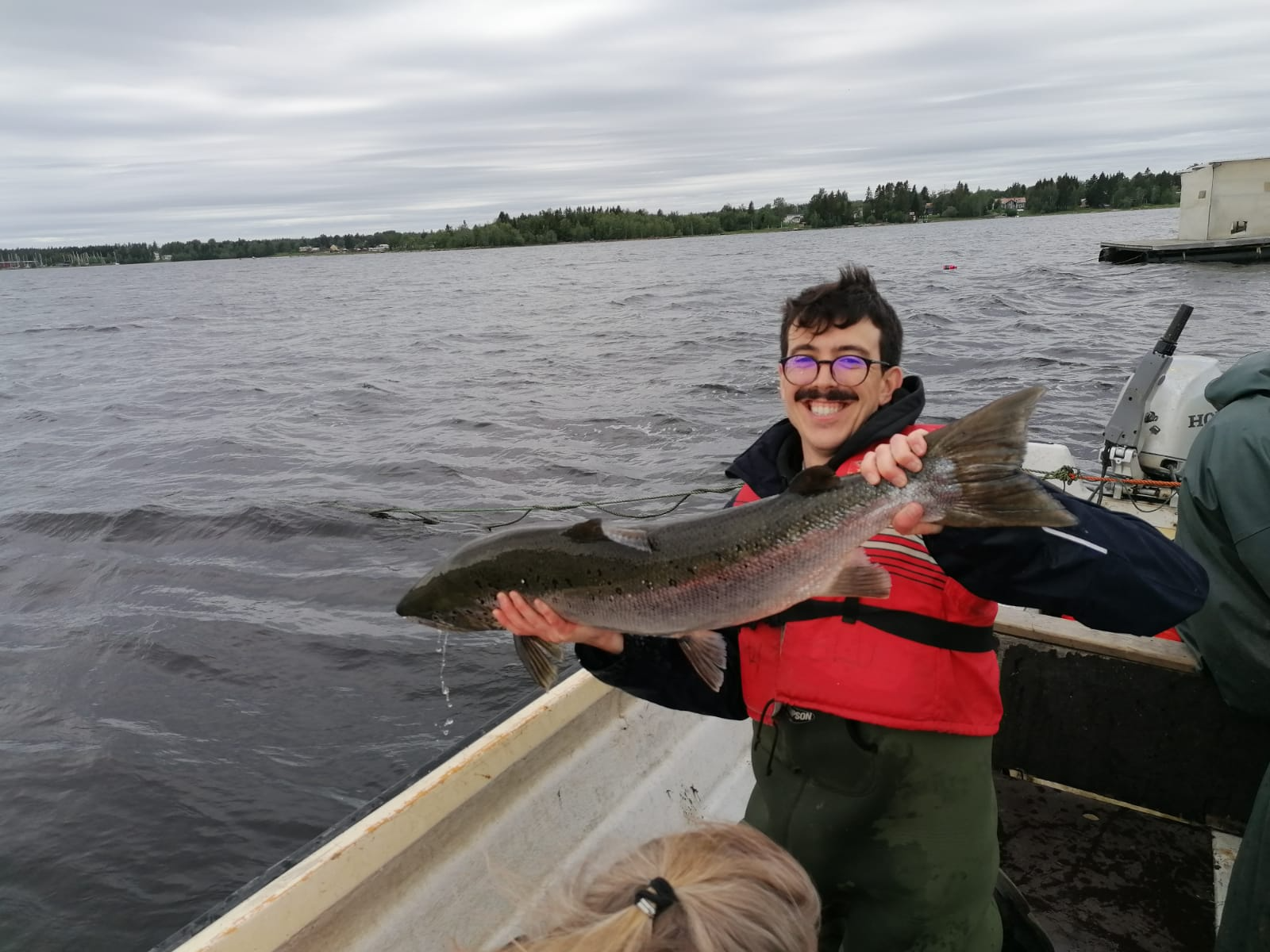By SORTEE | October 11, 2021
[SORTEE member voices is a weekly Q&A with a different SORTEE member]
Name: Marcus Michelangeli.
Date: 02 July 2021.
Position: Postdoctoral Researcher.
Research and/or work interests: I am a behavioural ecologist interested in animal movement, collective behaviour and how wildlife is responding to anthropogenic pollution. The primary aim of my research is to understand how and when behavioural responses of individuals or groups to environmental change, can lead to broader ecological consequences, and long-term evolutionary shifts, across multiple levels of biology and species. I attempt to study these questions within real-world contexts, where animals face a myriad of environmental challenges that can have both simultaneous and cumulative effects on their performance and survival. To do this, I try to apply a wide-range of data collection methods, from controlled laboratory studies, to semi-natural mesocosm experiments, to remote-sensing tracking of animals in the wild. More recently, I have put more time and focus on improving and developing methods to make my research more transparent and reproducible, including improvement in my analytical sophistication.
If you had the power to change one thing about current research practices in your field, what would it be?
The publish or perish reward system in academia is clearly the biggest issue (at least in my mind). It leads to the output of a large number of low-quality or unreliable research papers as researchers take shortcuts to produce the publications that they need to get grants and jobs. One way in which to stop poor-quality papers from getting accepted is through a thorough review process, but unfortunately this system is also broken. In an ideal world, the review process should have 3-4 reviewers with varying backgrounds, but this is usually impossible to achieve because there are very few (no?) incentives for people to review papers. Instead, the incentives are heavily weighted towards publishing. So why would somebody give up their time to provide a quality and thorough review when they could instead be spending that time working on their next publication that might land them their next grant or job?
What’s the last book that affected the way you currently think about things?
Statistical rethinking. Everyone should consider using Bayesian principles when thinking about their data and analytical process. Reading this book (I’m still reading it) has really changed a lot about how I think about research and data interpretation and it has really highlighted to me the problems with current statistical norms in research.
Where to find you online?:
www.marcusmichelangeli.com


